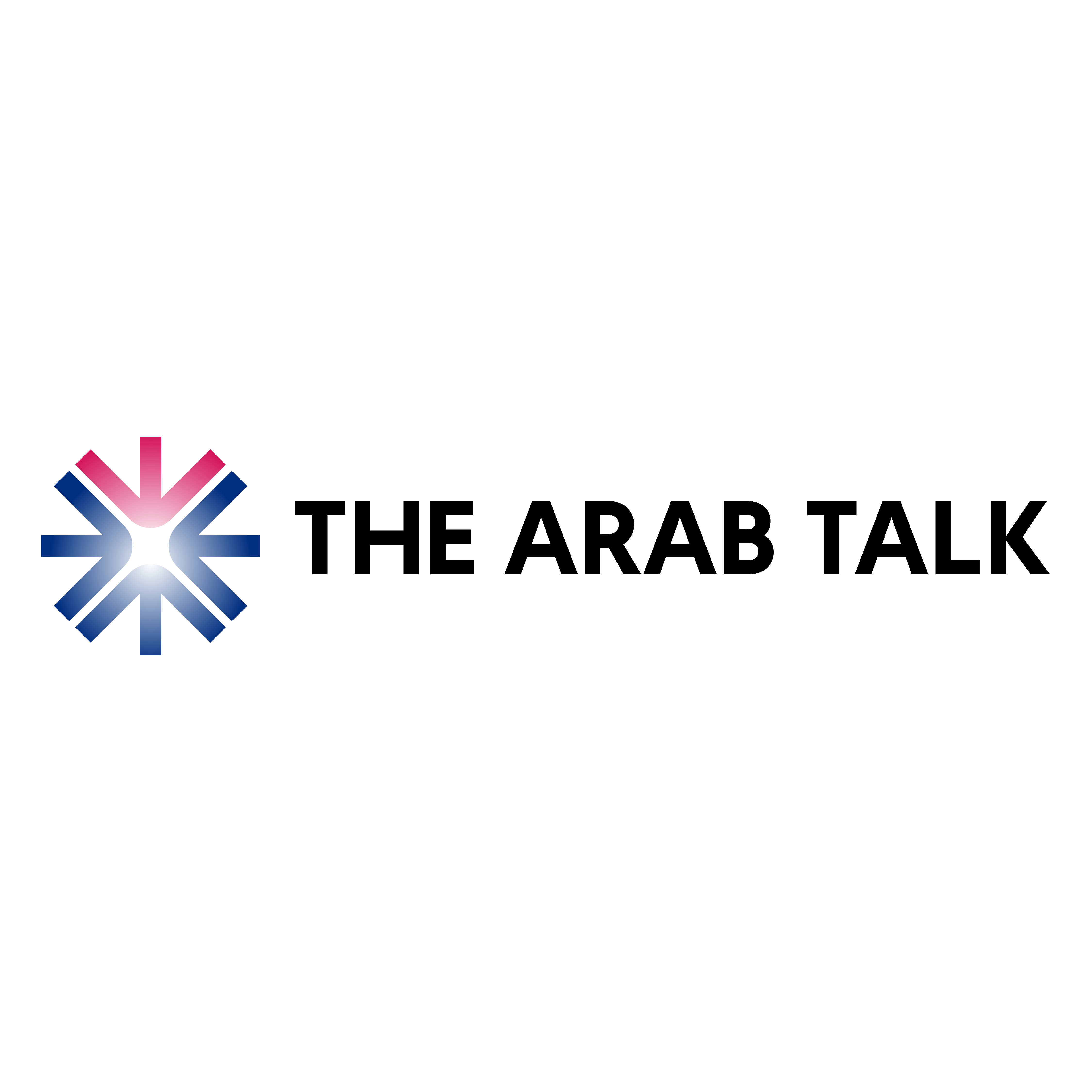A website is more than just an online address—it’s a powerful business tool. It acts as a 24/7 storefront, a lead generation engine, and the foundation of a brand’s credibility. As the UAE government champions digital transformation through initiatives like Smart Dubai, having a professional online presence is no longer a luxury; it’s a necessity.
Customers today expect to find businesses on Google. A well-crafted website allows a company to be discovered, build trust with potential clients, and turn visitors into loyal customers. Without a fast, secure, and search-engine-optimized site, any business in Dubai risks falling behind its competition.
From none technical to tech savvy: What This Guide Covers
This guide is designed for business owners and entrepreneurs in Dubai who want to understand the essentials of website development without getting lost in technical jargon..
Who Is This Guide For?
This guide is for the small to medium-sized business owner in Dubai who isn’t a tech expert. If you don’t have an internal digital team, you’ve probably wondered what a modern website should be like and what technical things need to be considered. From understanding pricing to planning for future growth, the world of web development can feel overwhelming. This article will lead you through the essentials, making you technically well-equipped so you will be able to hire a truly advanced website creator in Dubai.
You will learn about:
- The core components of a website: domain, hosting, and servers.
- Key differences between website types, from simple profiles to complex eCommerce stores.
- Website security essentials like HTTPS and why they matter for building trust.
- The pros and cons of using templates versus investing in custom-coded solutions.
- An introduction to the technologies that power a website.
- Crucial SEO and performance factors needed to rank high in Google searches.
By the end, you’ll be equipped with the knowledge to make informed decisions about your website creation in Dubai.
The Building Blocks of a Website
What is a Website?
A website is a collection of pages, files, and code stored on a server that people can access through the internet. While users see the design and content, the backend is powered by technologies like HTML (for structure), CSS (for style), and JavaScript (for interactivity). Websites can be simple and static, showing fixed information, or dynamic, with content that changes based on user actions, like an online store. For a deeper dive, Wikipedia offers a comprehensive explanation.
Choosing the Right Type of Website
The right type of website depends entirely on business goals. The main categories include:
- Company Profile Site:A digital brochure to introduce a business, showcase services, and provide contact information. It’s perfect for consultants and service-based companies.
- Product/Service-Based Site:This goes deeper than a simple profile, with detailed pages for each offering, clear calls-to-action (CTAs), and customer testimonials. The main goal is to generate leads.
- eCommerce Website:An online store where customers can browse products, add them to a cart, and pay securely.
- Marketplace Platform:A complex site that connects multiple buyers and sellers, like Amazon or Dubizzle. These require advanced features like user dashboards and transaction management.
Domain Name and Web Hosting Explained
A domain name is the website’s address on the internet (e.g., yourbusiness.ae). It’s a critical part of a brand’s identity. A good domain is short, memorable, and relevant to the business.
Web hosting is the service that stores the website’s files and makes them available online. Think of the domain as the address and hosting as the physical land where the building sits. The quality of hosting directly impacts a site’s speed, security, and uptime—all of which are important for SEO.
HTTP vs. HTTPS: The Importance of Security
HTTPS is the secure version of HTTP, the protocol used to transfer data between a browser and a website. The ‘S’ stands for “Secure,” meaning the connection is encrypted.
Why is HTTPS essential?
- Trust:Modern browsers flag non-HTTPS sites as “Not Secure,” which can scare away visitors.
- Security:It protects sensitive user data like passwords and payment information.
- SEO:Google gives a ranking boost to secure websites.
For any business engaged in website development in Dubai, having an SSL certificate to enable HTTPS is non-negotiable.
How a Website is Built
Front-End vs. Back-End Development
A website has two sides:
- The Front-Endis everything a user sees and interacts with—the layout, colors, buttons, and text. It’s built with HTML, CSS, and JavaScript.
- The Back-Endis the engine behind the scenes. It includes the server, database, and application logic that handle tasks like user logins, contact form submissions, and payment processing. Common back-end languages are PHP and Node.js.
Both must work together seamlessly to create a good user experience.
Template Sites (like Wix/WordPress) vs. Custom Development
When it comes to website creation in Dubai, businesses face a key choice: use a template or build a custom site.
Template-based platforms (WordPress, Wix, Shopify) are great for:
- Businesses on a tight budget needing a quick launch.
- Simple requirements, like a basic blog or portfolio.
- Users with no coding knowledge.
However, templates often come with bloated code, limited flexibility, and potential security issues from third-party plugins.
Custom-coded websites are built from the ground up. This approach offers:
- Superior Speed:The code is clean and contains only what’s needed, leading to faster load times.
- Enhanced SEO:A custom build allows for precise optimization of technical SEO elements that templates can restrict.
- Better Security:With no reliance on generic plugins, the attack surface for hackers is significantly smaller.
- Full Scalability:The site can grow and evolve as the business expands.
For serious businesses in Dubai looking for a competitive edge, custom website development is the superior long-term investment.
Optimizing for Performance and Visibility
Website Speed and Its Impact on Sales
Website speed is how quickly a page loads for a visitor. A slow site leads to a poor user experience, causing people to leave. Even a one-second delay can significantly reduce conversions. Google also prioritizes fast-loading websites in its search rankings. Optimizing images, using efficient code, and choosing quality hosting are key to achieving top speeds.
SEO Fundamentals for Dubai Businesses
Search Engine Optimization (SEO) is the process of improving a website to rank higher in search results. A solid SEO strategy is crucial for attracting relevant traffic. For more details, the Google Search Central guide is an excellent resource.
There are two sides to SEO:
- On-Page SEO:This involves optimizing the content on the pages. It includes using the right keywords, writing clear title tags and meta descriptions, structuring content with headings, and using descriptive alt text for images.
- Technical SEO:This focuses on the website’s backend and server optimizations. It covers site speed, mobile-friendliness, having a secure HTTPS connection, and using structured data (schema markup).
What is Schema Markup?
Schema markup is code added to a website to help search engines understand its content more deeply. For example, it can tell Google that a piece of text is a business address, a phone number, or a customer review.
This helps search engines display “rich snippets” in search results—like star ratings, event details, or prices. These enhanced listings stand out, leading to higher click-through rates and more traffic.
User Experience (UX) and Mobile Responsiveness
User Experience (UX) is about how a visitor feels when using a website. A site with good UX is easy to navigate, fast, and intuitive. In a mobile-first market like Dubai, it is absolutely essential that a website is mobile-responsive, meaning it looks and works perfectly on all devices, from smartphones to desktops.
Google uses mobile-first indexing, so a poor mobile experience will directly harm search rankings.
Final Considerations for a Successful Dubai Website
- Scalability:A website should be built to grow with the business. A scalable site can handle increased traffic and new features without needing a complete overhaul.
- Analytics:Tools like Google Analytics and Google Search Console are essential for tracking performance. They provide valuable data on visitors, popular pages, and search queries, helping refine business and marketing strategies.
- Clear Call-to-Action:Every page should guide the user on what to do next, whether it’s “Contact Us,” “Buy Now,” or “Learn More.”
- Professionalism:A website is a direct reflection of the brand. An outdated, slow, or broken site damages credibility.
Investing in professional, custom website development ensures a business has a powerful digital asset that drives growth, builds trust, and delivers a significant return on investment in Dubai’s competitive market.





